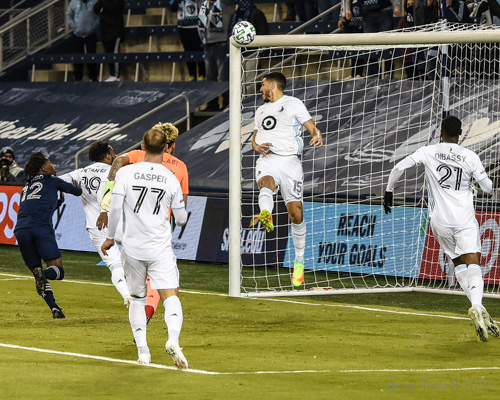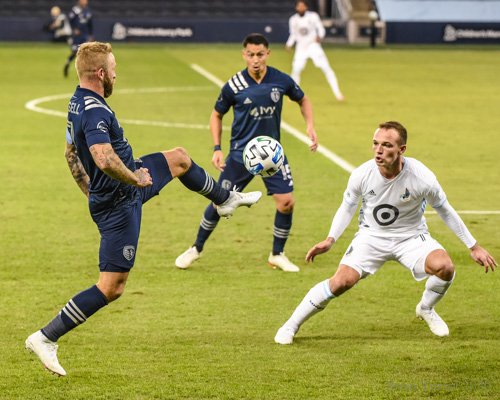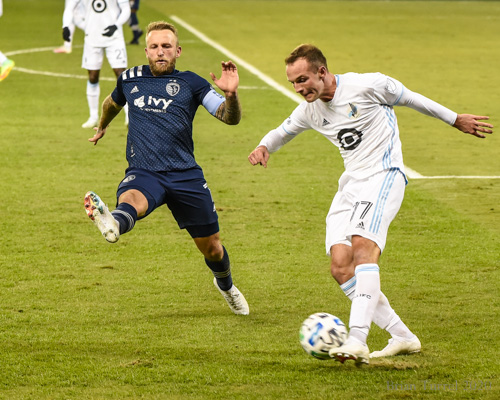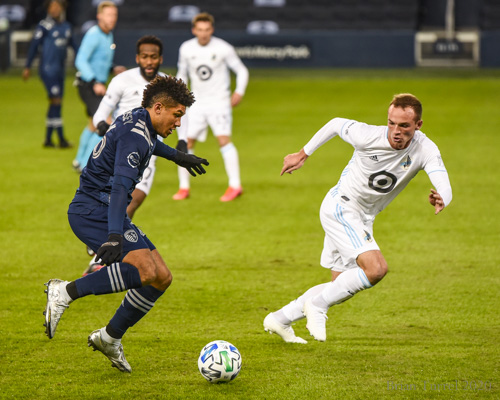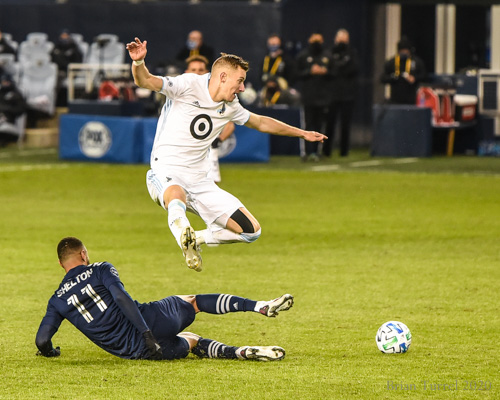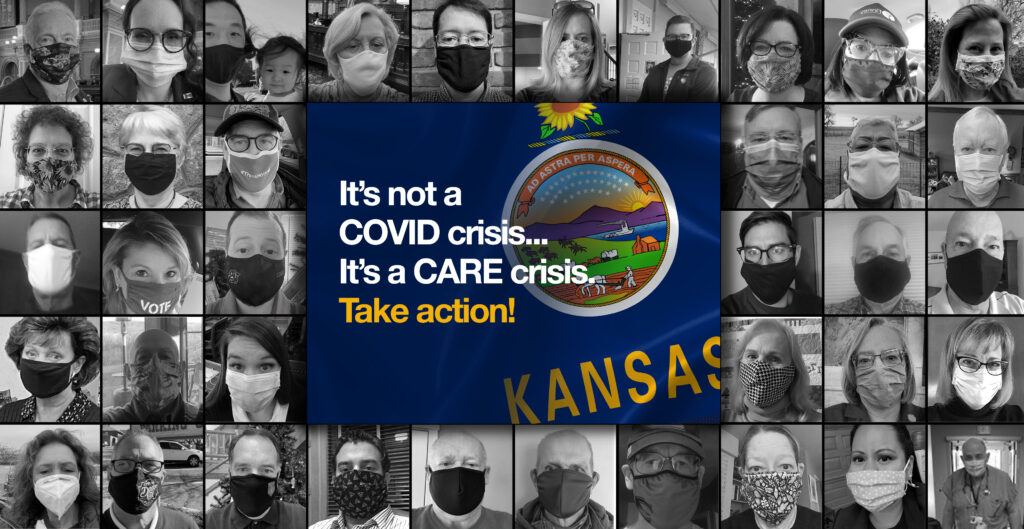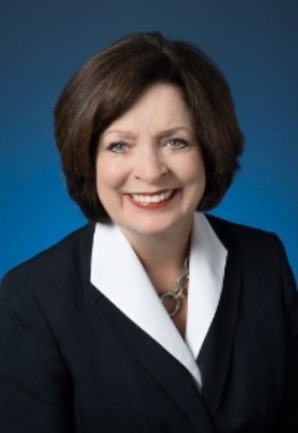Wyandotte County will keep the 14-day quarantine rule in place here, not adopting a shorter CDC guideline that was released on Wednesday.
Dr. Allen Greiner, Wyandotte County health officer, said they have looked at all the evidence and they do not feel the scientific evidence is there to justify shortening the quarantine at this time.
The Kansas Department of Health and Environment continues to recommend a 14-day quarantine, and Wyandotte County will be going along with the KDHE recommendation for now, with the 12- to 14-day quarantine, Dr. Greiner said.
Dr. Greiner made his remarks at the 7 p.m. Unified Government Commission remote meeting on Thursday, Dec. 3.
The CDC on Wednesday recommended a 7-day to 10-day quarantine, depending on testing results.
The KDHE has stated it will continue to recommend the 14-day quarantine period for those exposed to COVID-19 because the incubation period of the disease has not changed.
The CDC said after 10 days in quarantine, the chance to transmit the virus is about 1 to 5.5 percent, Dr. Greiner said. A person who doesn’t get tested for COVID can do a 10-day quarantine and then come out of quarantine, under the new CDC guidance. The CDC also said a person could come out of quarantine after seven days if the PCR test is negative, he said. The chance of infecting others after the seven-day quarantine is higher, possibly 5 to 12 percent, he added.
“We just don’t understand why they have done this,” he said. Wyandotte County will go along with the KDHE guidance and the 14-day quarantine.
Dr. Greiner said the evidence for the 14-day quarantine is strong and the public knows the 14-day quarantine guidance. He also felt the CDC should have waited until after the holidays to announce any shortening of the quarantines.
Some other counties may change to this revised guidance, but Wyandotte County will not, he said.
The KDHE issued a news release stating that individual counties could choose whether to go with the CDC’s shortened quarantines or could continue the 14-day quarantines. The KDHE recommended the 14-day quarantine.
“KDHE continues to recommend the 14-day quarantine and monitoring after being exposed to COVID-19,” Dr. Lee Norman, KDHE secretary, said in a news release. “The incubation for this disease is still 14 days. The guidance is being changed at a federal level to encourage more people to get tested and encourage better compliance with quarantines.”
Dr. Norman stated in the news release that long-term care facility residents and Kansas prison inmates would not be eligible for the shortened quarantines, no matter what county they are in.
In a news release, the UG Health Department stated that COVID-19 continues to be a real threat to Wyandotte County residents.
“It can take up to 14 days after exposure to the virus for someone to develop COVID-19. That has not changed,” said Elizabeth Groenweghe, chief epidemiologist with the UG Health Department, in the news release. “Reducing the quarantine timeline could increase the risk for further COVID-19 spread in our community. If you have been exposed to COVID-19, the best way to protect the people you care about is to quarantine for a full 14 days.”
UG Health Department epidemiologists and health officers examined the new CDC guidelines and the latest COVID-19 evidence, and determined that the safest and most fact-based approach would be to continue with a 14-day quarantine period at this time. According to the Health Department, this quarantine protocol means:
• Individuals with a known exposure to COVID-19 should stay home for 14 days after they were exposed. They should monitor for symptoms.
• Exposure means someone has been in contact with someone who tested positive for COVID-19 (within 6 feet for a total of 10 minutes or more during a 24 hour period, during the time the person was infectious)
• These individuals should get tested for COVID-19 at 7 to 9 days after exposure, then return home to complete their quarantine, and continue to monitor for symptoms.
For more information, Wyandotte County residents may visit wycokck.org/COVID-19 or call 3-1-1.
